The pop-rock duo’s principal songwriter tells the backstory of a song that became a hit in the 80s and 00s
Growing up in the historic city of Bath in the late 70s, Roland Orzabal and Curt Smith were already bandmates in the ska group Graduate, but the pair would go on to make history of their own with the pop-rock outfit Tears For Fears. Inspired by the popularity of new wave and synth-pop duos of the early 80s, they burst onto the scene with their debut album The Hurting. The LP topped the UK chart in its second week and spawned their first hit single, Mad World, which reached No 3 on the UK Singles Chart in 1982 and became the band’s first international success, hitting the Top 40 in several countries.
Fast forward two decades and Mad World graced the chart again when Michael Andrews and Gary Jules’ version featured in the 2001 movie Donnie Darko and became a surprise UK Christmas No 1 single a few years later. The song held the top spot for three consecutive weeks and won Orzabal his second Ivor Novello Award.
As the duo release their first new studio album in nearly two decades, we invite the songwriter to take us back to the moment when the pivotal track first emerged…

Released: 20 September 1982
Artist: Tears For Fears
Label: Phonogram/Mercury
Songwriter: Roland Orzabal
Producers: Chris Hughes, Ross Cullum
UK chart position: 3
US chart position: –
“But Graduate was short-lived. We did one tour, I think, in Germany. It took two weeks. We were in two Sherpa vans, lugging around our own equipment, and the whole experience broke us. Curt and I weren’t quite the same as the other three guys in Graduate because we came from council estates and broken homes. So when we split and formed Tears For Fears, the trend had shifted tremendously from mod and ska – which I absolutely loved – to electronica. So you had Gary Numan, Depeche Mode, OMD, Soft Cell… All of a sudden, the duo was in demand – two guys and a tape recorder, or what we used to call ourselves: two poofs and a synth!
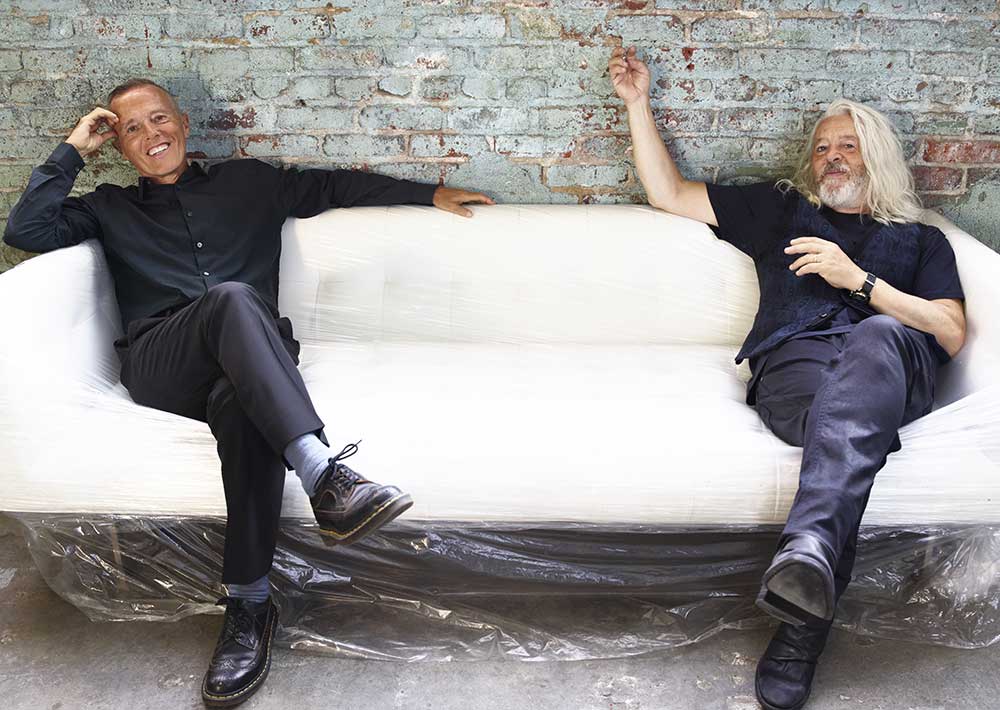
Tears For Fears’ Roland Orzabal (right): “When you’re playing guitar, you have a circular relationship with yourself, you’re constantly referring to yourself, you’re self-soothing.” Photo: Frank Ockenfels
“But I carried on writing songs on the guitar, essentially. So even, for instance, Mad World… I think what happened to me was I was spending a lot of time on my own – with my girlfriend at the time, Caroline, who later became my wife. We were living above a pizza place on Barton Street, near the Theatre Royal in Bath, I was looking out of the window and seeing these people go on their merry way to work and the whole rat race thing. Being an adolescent who’d never had any real responsibility other than at school, I was critical of [all that] so I wrote Mad World. A song came on the radio, it was Girls On Film by Duran Duran, and it had this rhythm that I stole – not that theirs was original!
“I would describe what I was doing as ‘channelling’. You feel very confident in the rhythm because it’s a rhythm from a song you love, so you immerse yourself in the rhythm and then you allow these things to come out of the ether and come into your brain.
“I played it on acoustic guitar, so it’s not very different to how I would write for Graduate: sit on my own, the bedroom strummer trying desperately to express himself! That was something that I learned to do when I was a kid. I played guitar from the age of nine and whenever there was a bad atmosphere in the home, which was 24/7, I would go into my bedroom and strum the guitar and find some kind of company, I suppose. That’s what Paul Simon calls it – ‘Hello darkness my old friend’ [lyric from The Sound Of Silence by Simon & Garfunkel]. He used to turn the lights off and sit in a bathroom because of the echo, and he’d just sit and strum there. And yeah, when you’re playing guitar, you have a circular relationship with yourself, you’re constantly referring to yourself, you’re self-soothing. That’s a remarkable thing about playing the guitar and singing, it’s incredible the calming effect it has on you.

Tears For Fears’ Roland Orzabal (right): “When I wrote Mad World it sounded pretty bad, to be honest with you. I couldn’t sing it very well…”
“What we were good at with The Hurting was arranging the songs. Although they were all written on guitar, we were very lucky that we met Ian Stanley back in the day, at Moles Club. He had a Roland Jupiter-4, a Roland CR-78 drum machine, an MXR pitch transposer and a four- or eight-track tape machine. So I then started to arrange stuff on those machines, but the songs were written. In those days, songs were written before the arrangement.”
“When I wrote Mad World it sounded pretty bad, to be honest with you. I couldn’t sing it very well, because my voice is designed for acrobatics and drama, enunciation and doing crazy things, and shooting up into falsetto. So I wasn’t sure about the song at all.”

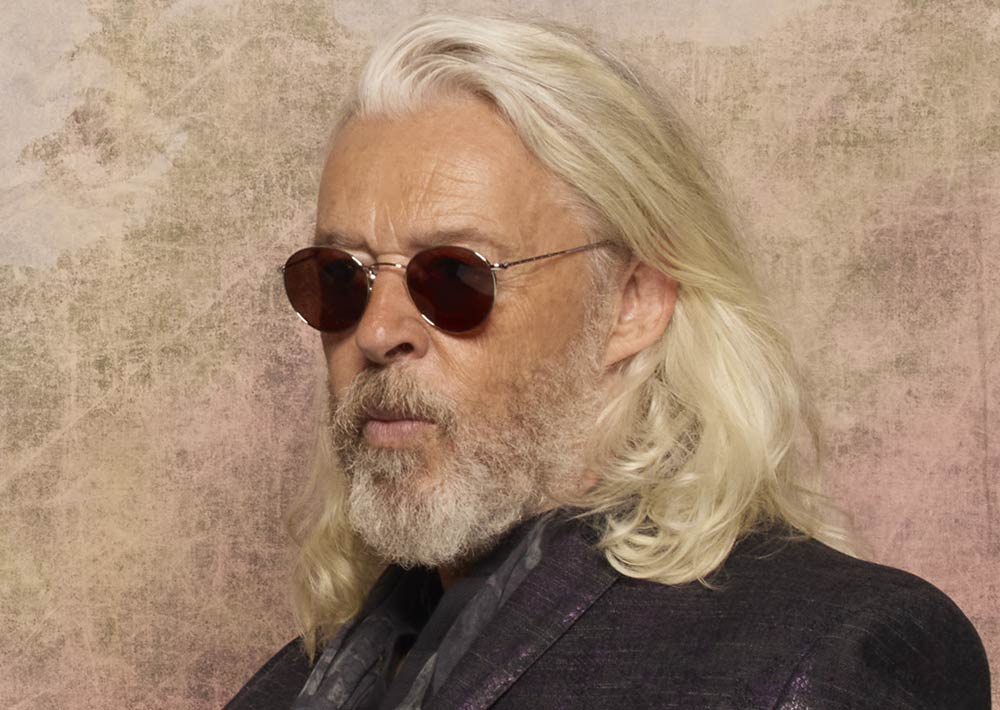
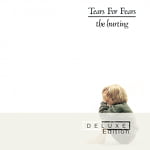
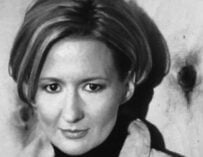



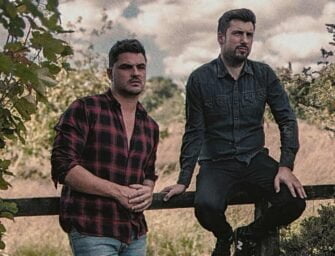

![Songwriting Credits… best new music playlist [September 2023]](https://www.songwritingmagazine.co.uk/wp-content/uploads/songwriting-credits-september-2023-335x256.jpg)






























Related Articles